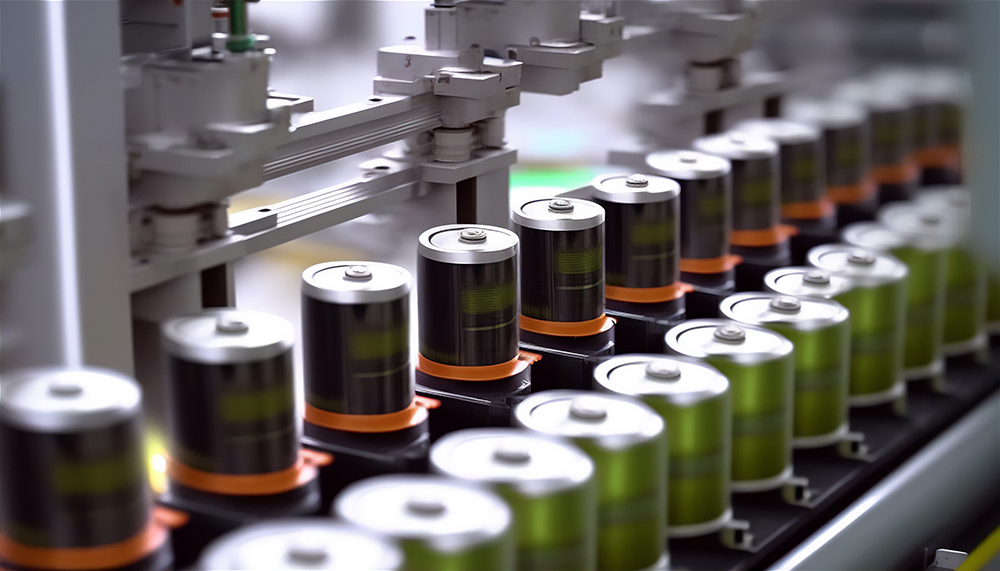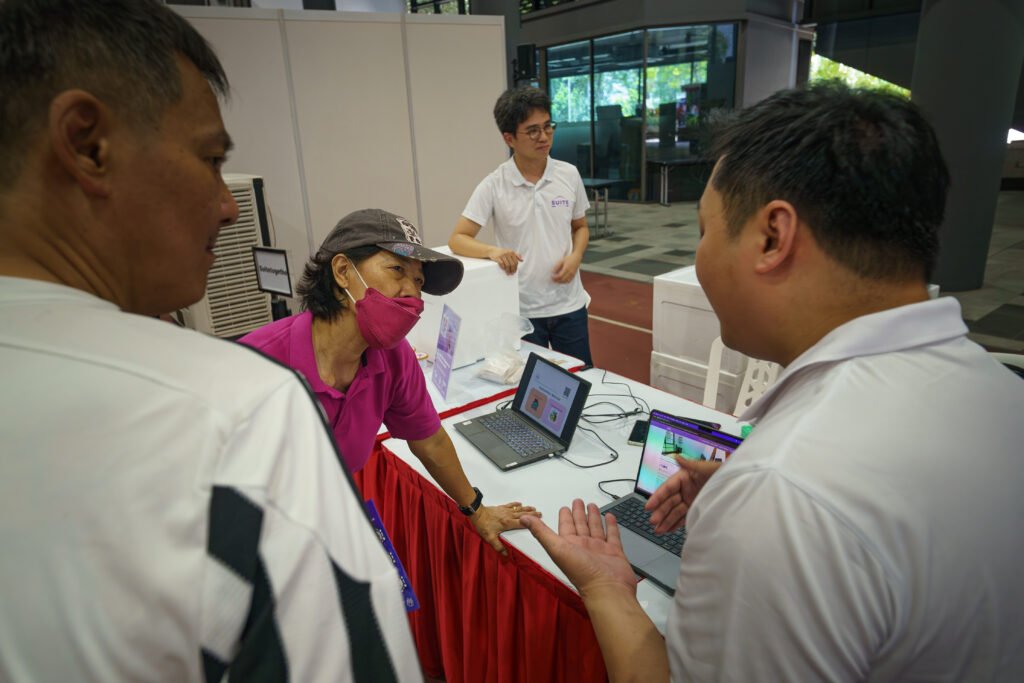Challenges in Contemporary Higher Education
A college education is a valuable asset that can significantly impact an individual’s lifetime earnings. In Kentucky, the average college graduate can expect to earn million more than their high school counterparts over the course of their career. Not only do earnings increase with a college degree, but employment opportunities also expand, and overall economic participation in the community and state increases.
However, recent trends in Kentucky show a decline in undergraduate enrollment, particularly among low-income earners and adult learners. In response, the state has set ambitious goals to increase the percentage of the population with postsecondary education by 2030. Currently, only 29% of Kentuckians have postsecondary education, far below the state’s target of 60%.
To address this gap, Kentucky has introduced initiatives like the Kentucky Student Success Initiative, which focuses on addressing students’ basic needs, improving transfer pathways, and enhancing gateway courses. These programs aim to support students through their educational journey and increase retention rates.
By investing in programs that support students’ success, Kentucky hopes to not only increase educational attainment but also improve graduation rates. Addressing the needs of key groups, such as adults and low-income students, is crucial for achieving higher education goals and building a more educated workforce in the state. The challenges of modern higher education in Kentucky require innovative solutions to ensure all individuals have access to the opportunities a college education can provide.






